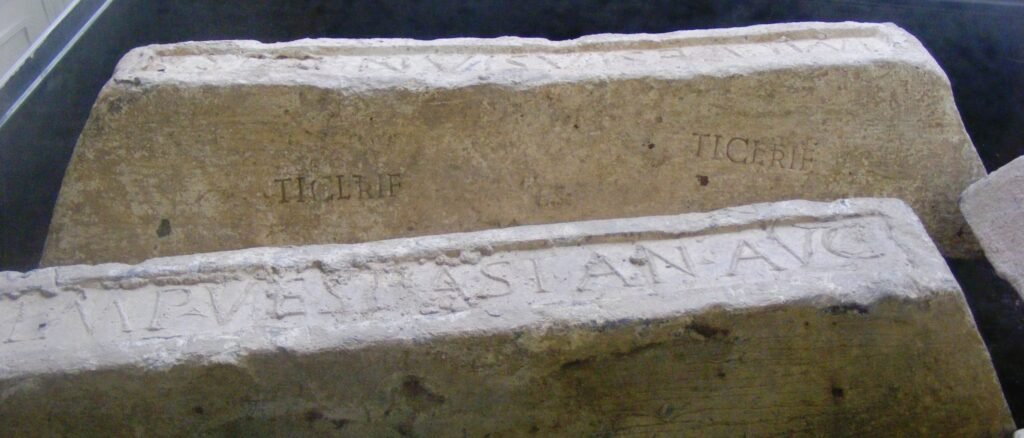Researchers have shed more light on the economic activity of the Roman Empire from three ancient lead ingots discovered in Córdoba, Spain.
The discovery could shed new insight into the Roman trade in metals, which some say may have played a role in the decline of the Western Roman Empire.
Construction workers building the Maghreb-Europe gas pipeline in the 1990s unearthed precious metals dating back to Roman times in Spain, a research institute has reported. study It was published in the Roman Archaeological Journal.
The study, which shows archaeologists believe Cordoba was a major centre of economic activity during the Roman Empire, says the lead blocks analysed by the researchers weigh between 23.5 and 32.5 kilograms each and are stamped “SS.”
Based on the stamps, the researchers concluded that they were made by the Societas Sisaponensis, an ancient mining company named after the city of Sisapo in Baetica, which is linked to the Hispano-Roman ruins discovered in La Bienvenida, an area famous for its mines.
“This information shows that the ancient northern region of Córdoba boasted a major metallurgical network of commercial and economic importance in the Mediterranean,” said Antonio Monterosso Checa, co-author of the study. said Independent. (Related article: Ancient Roman ruins uncovered reveal even bigger historical secret)
Roman treasures: Ancient lead bars unearthed in Spain reveal vast empire's metals trade | The Independent – https://t.co/ZCJJiHyR8N
— Rogue Classicist ~ David Meadows (@rogueclassicist) August 9, 2024
Some researchers theorize that the Roman Empire's extensive use of lead may have contributed to the empire's decline, but this idea has faced serious criticism. According to University of Chicago. The controversy was reignited by a 1983 paper published in the New England Journal of Medicine by geochemist Jerome Nriagu. Classical scholar and pharmacist John Scarborough countered in 1984 in “The Myth of Lead Poisoning among the Romans: An Essay Review,” arguing that Nriagu's work was flawed and that the Romans were aware of the dangers of lead. According to The Washington Post.
“Scarborough knows absolutely nothing about lead poisoning. Absolutely zero,” Nriagu told the outlet in 2016.
The metal was common in Roman society, used in a variety of products from water pipes to cookware, according to the University of Chicago. According to several contemporary documents cited by the university, the Romans favored vessels made of lead for boiling products, while using cookware to sweeten and preserve wine.
But while people living during the Roman period knew lead was dangerous, they likely didn't link it to the use of cookware, the University of Chicago study said, citing records. The extent to which lead played a role in causing cognitive impairment in the Romans is up for debate.







